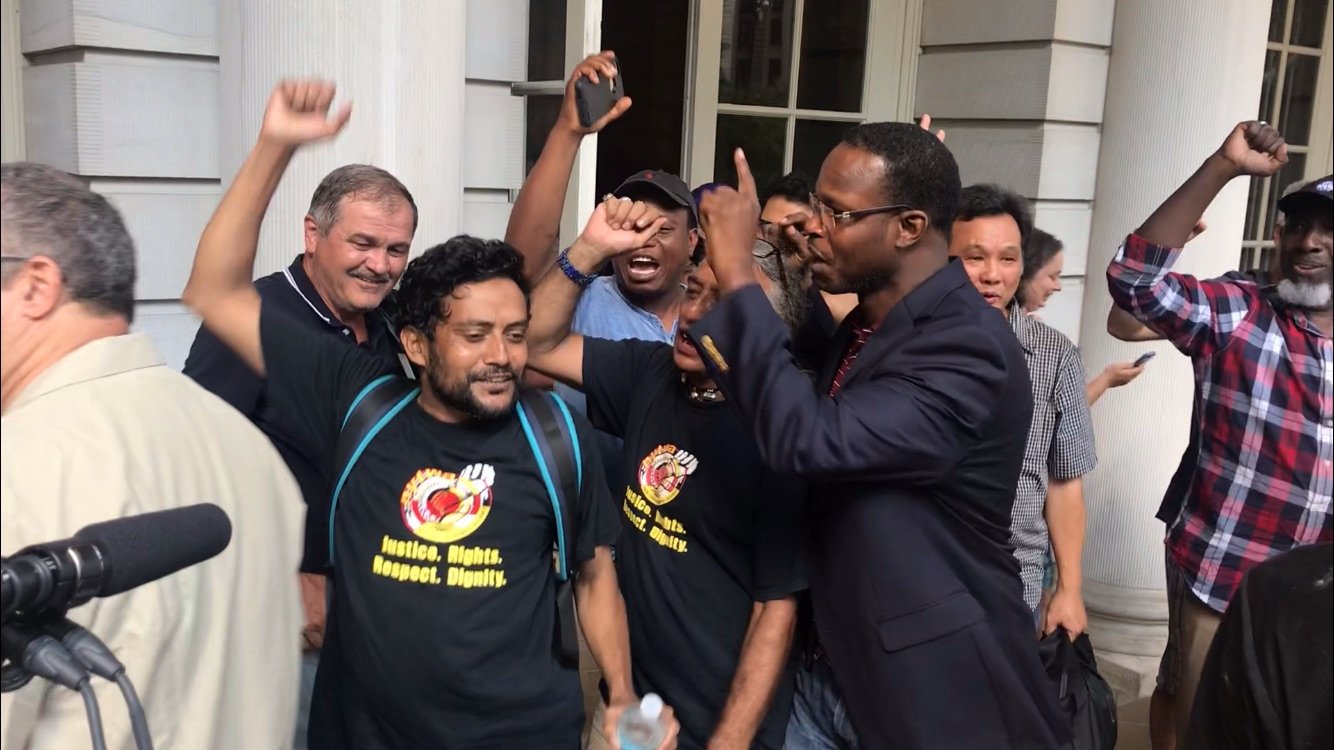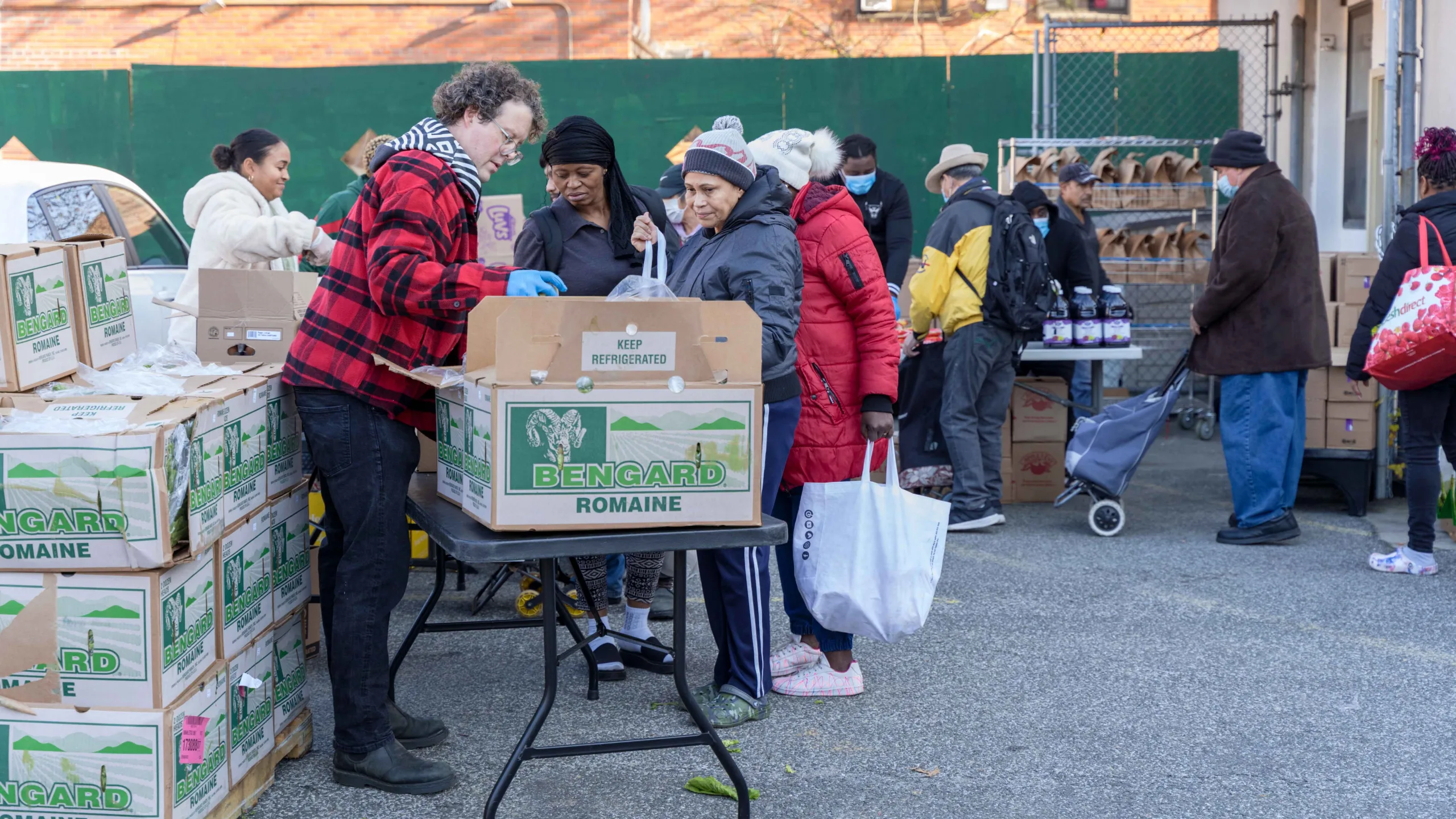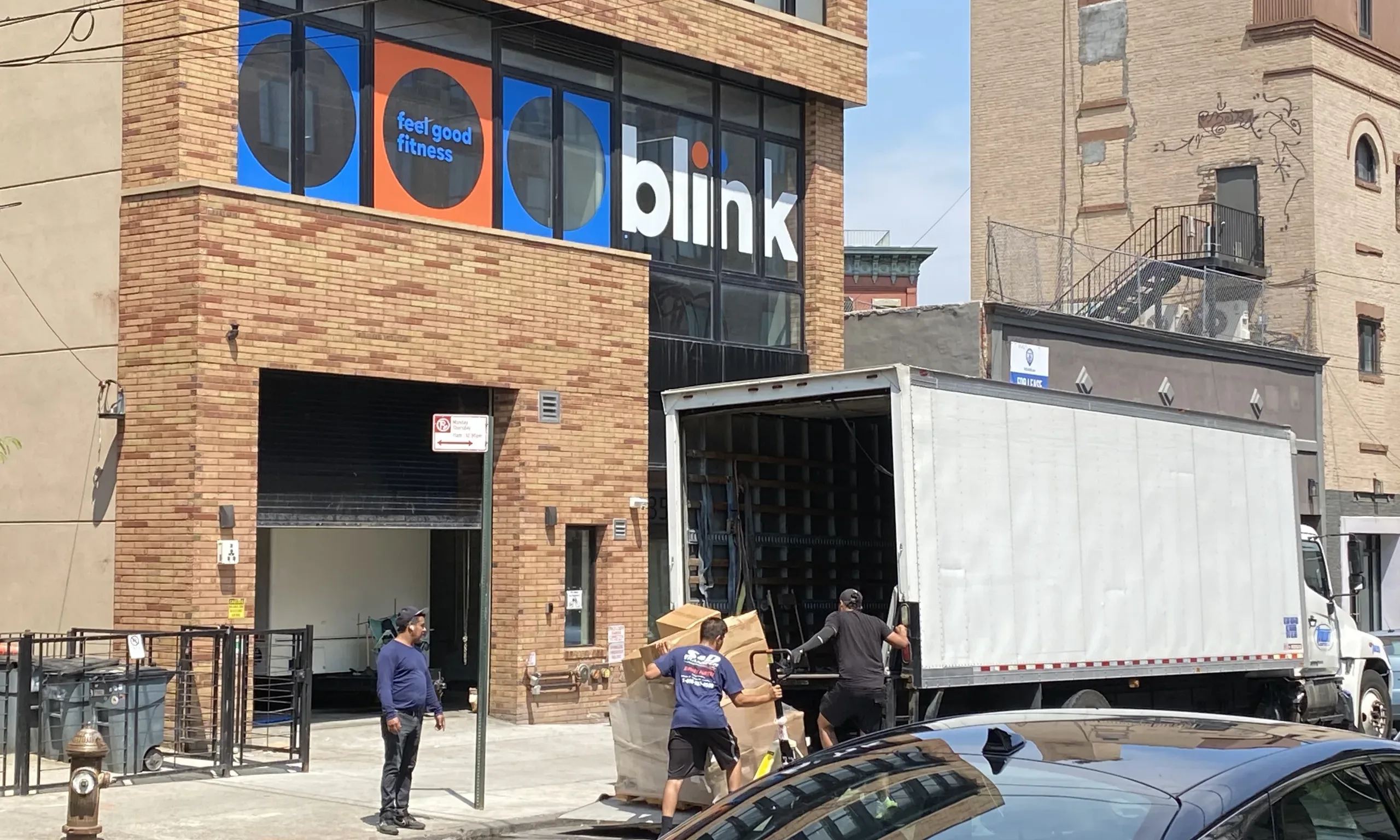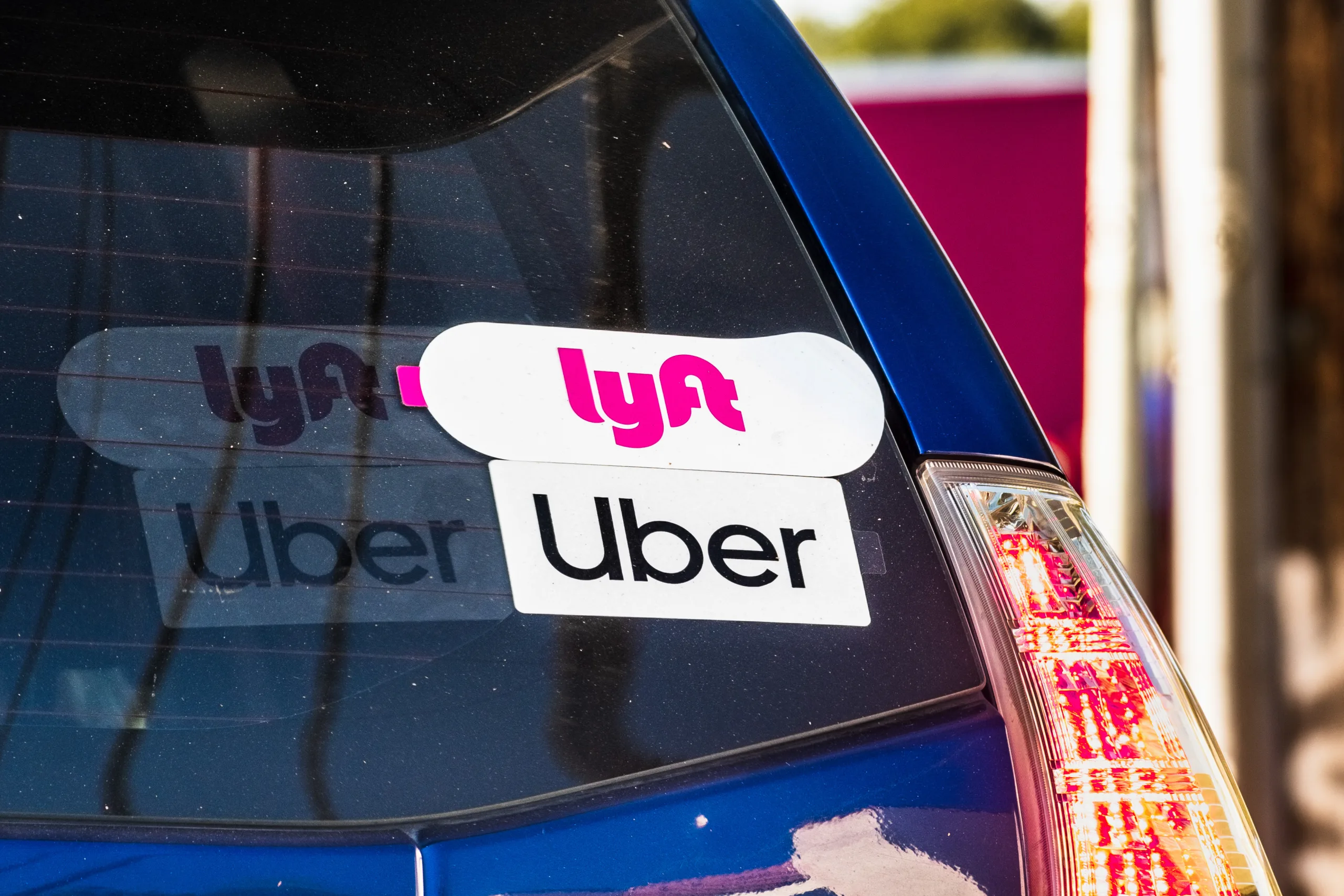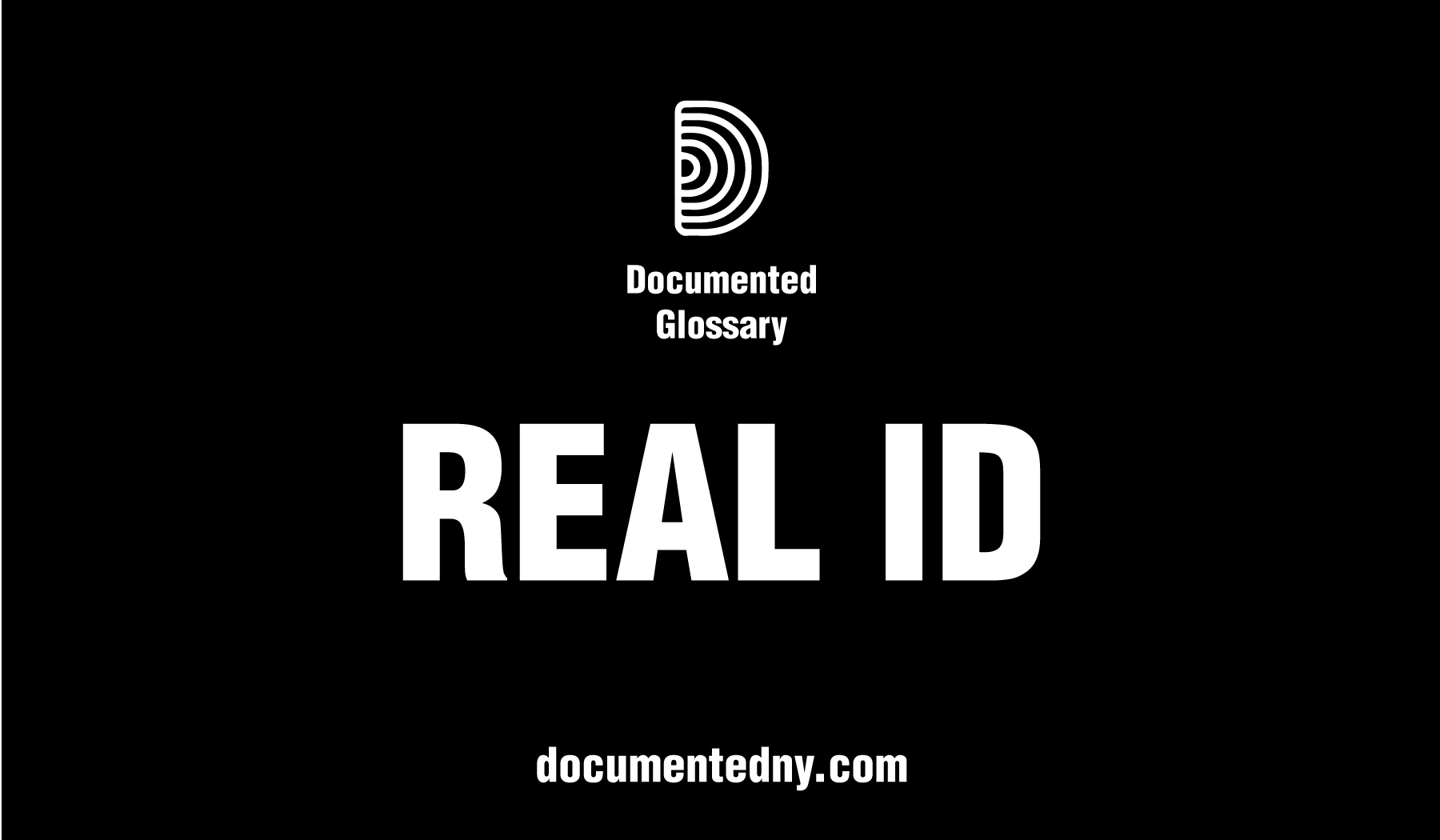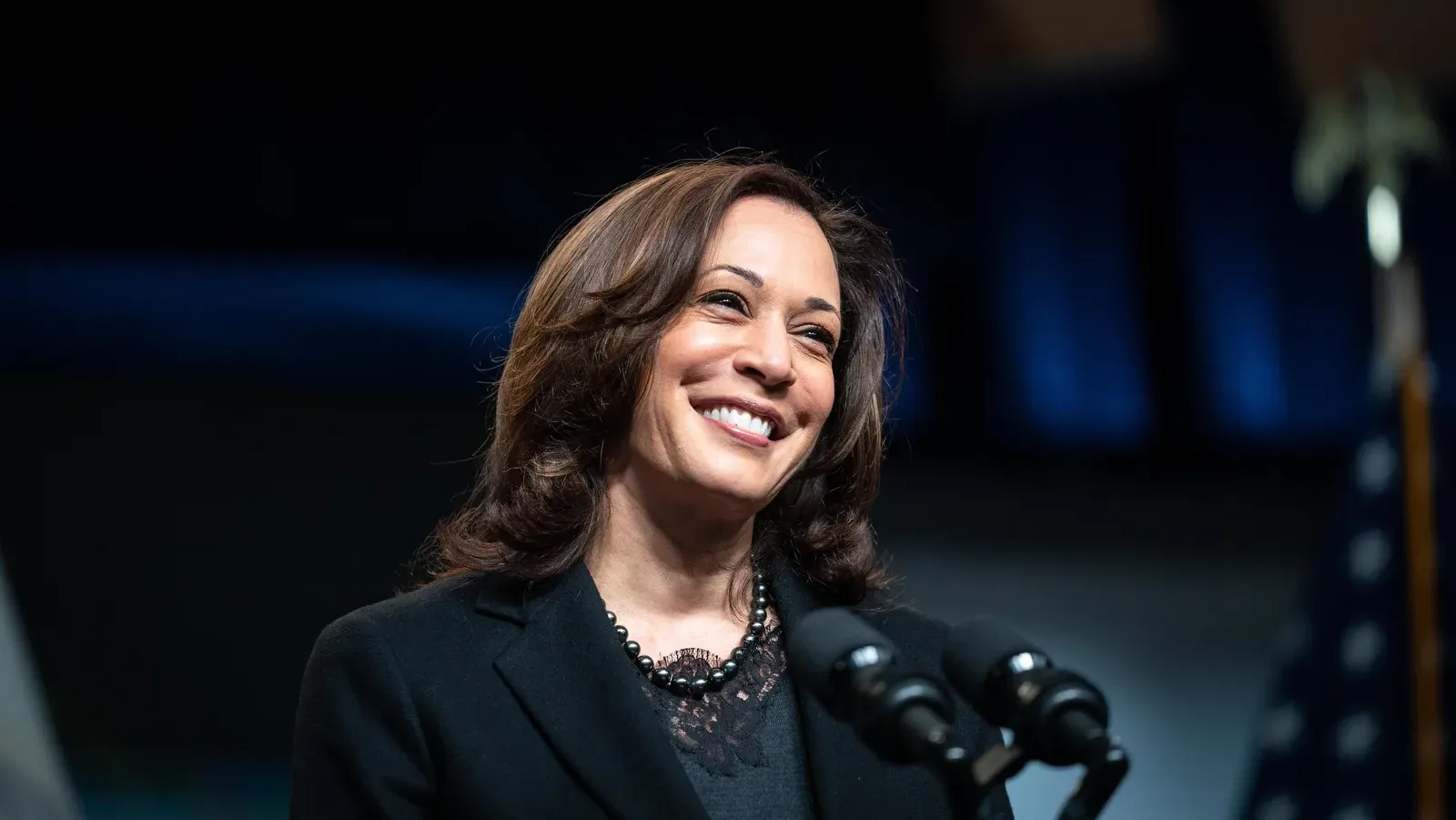The New York City Council has approved measures to limit the spread of app-based for-hire vehicles and blunt some of the repercussions of a ballooning number of vehicles operated by companies like Uber and Lyft.
In a 39-6 vote on Wednesday, the City Council approved measures introduced by Brooklyn Councilman Stephen Levin and boosted by Speaker Corey Johnson intended to temporarily cap the for-hire vehicle licenses issued by the Taxi and Limousine Commission (TLC). The vote also gave the commission broader powers to demand data from the providers and discourage excessive circulation of cars.
There are few industries as immigrant-heavy as driving a for-hire vehicle on the streets of New York City. The New York Taxi Workers Association, a union representing about 18,000 city taxicab drivers, has estimated that around 90 percent of drivers are immigrants. Standing outside New York City Hall, where the vote took place, a crowd of NYTWA drivers and the union’s president, Bhairavi Desai, were elated.
“Let the people that are working already, let them live, let them survive, let them thrive. Let’s bring this profession back to what it once was, which was a potential of a lower-middle-class life for a workforce that’s primarily immigrants and people of color,” Desai said.
For generations of newcomers to the city, purchasing a taxi medallion issued by the TLC was a surefire path to a secure living. Those medallions were capped at about 13,000. With the increased competition from app-based services, the value of the medallions, which once fetched prices in the high six figures, have plummeted, leaving many drivers in debt. In recent months, six livery and cab drivers have committed suicide, in part due to financial stresses.
Before the vote, Speaker Johnson read out the names of the deceased drivers and held a moment of silence in commemoration. Later on, he noted that family members were watching the hearing.
The measures were not just popular among taxicab drivers; many app-based drivers supported them as well, partly because the package included giving the TLC the authority to establish a minimum wage for for-hire drivers.
Michele Dottin, a driver and member of the Independent Drivers Guild — an organization that claims to represent 65,000 for-hire drivers working with companies like Uber, Lyft, Juno, and Via — said that she supported all of the legislation, and especially liked the fact that the licensing cap was temporary.
“Otherwise it’s like with medallions,” she said, referencing the market that emerged where some people would hold hundreds of medallions and lease them out to drivers and the scarcity drove the prices sky-high. The license cap, which would last for one year, is meant as a way to help the city to determine what the ideal number of for-hire vehicles would be to avoid clogging the streets with empty vehicles. Wheelchair-accessible vehicles, which form only a small part of the for-hire fleet currently, are exempted from the licensing limits in order to incentivize their growth.
TestPost3
The companies themselves were against most of the legislation, saying that it would raise prices and increase wait times for consumers, and leave outer-borough people stranded. Uber has supported the driver minimum wage but opposed other components, contending that the cap would be bad for drivers. “The City’s 12-month pause on new vehicle licenses will threaten one of the few reliable transportation options while doing nothing to fix the subways or ease congestion,” the company said in a statement to media after the vote.
South Brooklyn Councilman Carlos Menchaca, who is the chair of the immigration committee, pushed back on the notion that any of the bills would adversely impact the largely immigrant workforce of drivers. “The notion that this package of legislation on for-hire vehicles will hurt immigrant drivers is nonsense. On the contrary: it’s when industries are unregulated that they exploit workers, paying them less than what they deserve, or taking advantage of their inexperience or status to ignore or intimidate them,” he said in a statement.
Several of the council members, in remarks made before their votes, stressed that public perceptions that the package was somehow going to cause app-based companies to cease operations or make them much more difficult or expensive to use were wrong. In his remarks, Councilman Brad Lander said the commission had looked into the issue and determined the impact for consumers would be an extra twelve to fifteen seconds of wait time when hiring a vehicle.
“Twelve seconds is long enough to wait to lift tens of thousands of hardworking New Yorkers out of poverty,” he said.
